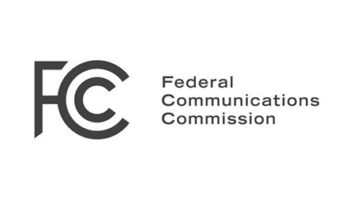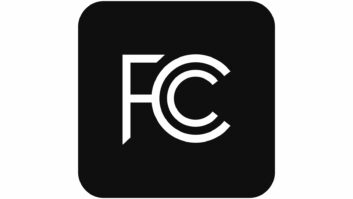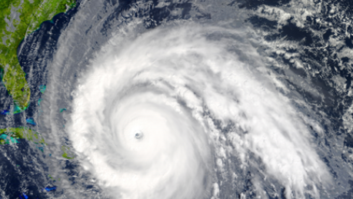Several groups, including the Radio-Television News Directors Association, NAB and the ACLU, applauded the reintroduction of a federal shield law.
The move is meant to protect reporters from being forced to disclose confidential sources.
The Free Flow of Information Act was introduced this week by Reps. Rick Boucher, D-Va., John Conyers, D-Mich., Mike Pence, R-Ind., Howard Coble, R-N.C. and John Yarmuth, D-Ky. in the House and by Sens. Richard Lugar, R-Ind. and Christopher Dodd, D-Conn. in the Senate.
Although 32 states and the District of Columbia have shield laws and 17 other states have recognized reporter’s privilege as a result of judicial decisions, federal courts currently have no uniform set of standards to govern when testimony may be sought from reporters.
RTNDA President Barbara Cochran says the law is necessary, and cited the case of TV reporter Jim Taricani, who spent four months under house arrest rather than reveal the source of his report on corruption in the government of Providence, R.I.
The legislation provides journalists with a qualified privilege, requiring them to testify to prevent “imminent and actual harm” to national security or “imminent death or significant bodily harm” to individuals. Journalists would also be required to reveal sources if such testimony could identify someone who has disclosed significant trade secrets or certain financial or medical information, or if a compelling case can be made that there is an overriding public interest in the disclosure.
The legislation also protects information — held by telephone companies, Internet services and other communications providers — that would otherwise reveal confidential sources.
Shield legislation did not pass in the 109th Congress.











